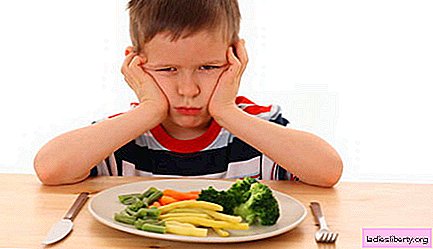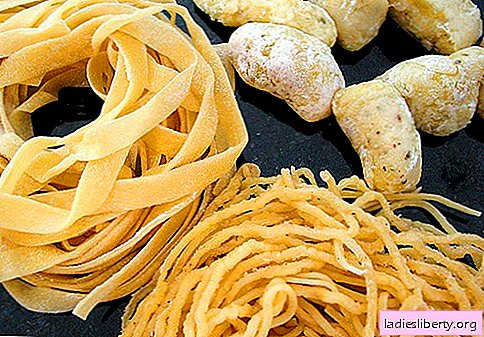
Increased consumption of red meat increases the concentration of trimethylamine in the blood. According to previous studies, a toxic substance increases the risk of cardiovascular disease. WHO experts intend to designate red meat of any kind as a carcinogenic product.
Causes of harm to red meat in the cardiovascular system
People who eat a lot of beef, veal, pork, lamb, are at increased risk of developing atherosclerotic diseases.
Until 2017, mainly saturated fatty acids and cholesterol were assumed to be the causes.
American researcher Stanley Hazen of the Cleveland Clinic, however, is convinced that the cause is carnitine. It is processed in the intestines by bacteria to trimethylamine. After absorption, the chemical in the liver turns into trimethylamine oxide (TMAO).
In previous studies, Hazen was able to show that TMAO levels in the blood are associated with an increased risk of cardiovascular disease. In people with the highest concentrations, the likelihood of a heart attack increased 2.5 times over 2 years.
However, it was unclear whether the diet was actually responsible for the increase in TMAO concentration. Therefore, the researcher conducted a study with the National Institute of Heart, Lung and Blood USA. It was attended by 113 healthy men and women who had a meat-based diet.
For 4 weeks, participants took meals daily with steak (250 grams) or 2 hamburgers with meatballs (250 grams). After a 2-week period, a 4-week diet followed with a high proportion of poultry meat. Then after 2 weeks, the participants completely abandoned the meat.
What results did scientists get?
In half of the participants, the fat content in the diet was reduced, but this did not affect the concentration of TMAO in plasma and urine.
According to the presented results, only a diet of red meat led to a 3-fold increase in the concentration of TMAO in plasma. This increase was reversible. After switching to a bird or vegetarian diet, the level of TMAO immediately decreased.
TMAO was eliminated relatively quickly through the kidneys. How this accelerates the progression of atherosclerosis is unclear. Experts suggest that TMAO may contribute to the incorporation of cholesterol into the vessel wall.
Does the diet protect against atherosclerosis?
Scientists do not know whether a vegetarian diet protects against cardiovascular disease.
Evidence will require longer interventional tests, which are very expensive and therefore rarely performed.
However, Hazen has developed a drug that blocks the enzymes of the intestinal bacteria involved in the formation of TMAO. In the spring, a researcher published in Nature the first experimental results on animals.
A single dose reduced the concentration of TMAO in plasma for 3 days. Clinical studies in humans have not yet been conducted.
What do skeptics think about research on the harmfulness of meat?
Processed or smoked meat slightly increases the ubiquitous age-related risk of developing cancer in humans. However, man is omnivorous; muscles, intestinal, digestive and excretory activity testify to this.
Homo sapiens are comparable to highly developed primates due to a mixed and fruit-based diet.
Meat, fish, poultry, cereals and dairy products must be included in the diet.
The energy requirement compared to proteins, carbohydrates, fats, minerals and trace elements is much higher due to the developed brain. Skeptics believe that people do not die directly from meat, but from post-industrial poverty.
In fact, an abundance of food increases the risk of obesity. 22 WHO experts claim that they can classify unprocessed red meat as "probably carcinogenic."
Experts cannot even prove that eating red meat is carcinogenic. Only 7 out of 15 informative case-control studies report a positive association between mortality and meat.
Due to the lack of statistically significant evidence, it is definitely impossible to conclude that meat is harmful to blood vessels and the heart. WHO announces that at the beginning of next year, an expert committee will evaluate the new results and their impact on general nutritional recommendations.











